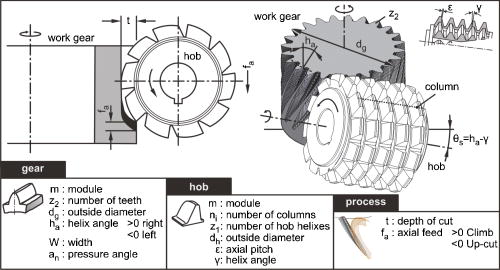
Where to start? This is such a broad subject matter and no one answer will truly fit all situations.
I’ve been in the San Diego area for over 17 years. In that time, I’ve encountered very few machinists who have had formal training of any kind. And yes, taking a course or two at a local community college, memorizing a few G codes and M codes, isn’t considered formal training in my book. Yet, I cannot tell you how many times I’ve come across those guys and who will call themselves ‘machinists’. It’s quite disheartening. The guys with whom I have come into contact with, and whom have had a formal machining education, can be counted on one hand.
Most shops employ guys who have learned the trade ‘on the job’, so to speak. There’s nothing wrong with learning the trade in that manner, if they’re employed in a small shop setting. The problem with an informal training readily becomes apparent in a larger production setting. Why? The reason is simple… A machinist with formal training approaches a job in a logical way. They start with ‘A’, followed by ‘B’, and so on. An informally trained machinist will tend to set up a job the way he was taught by another informally trained machinist. There’s no consistency or rigid method in which to follow, resulting in questionable setups and longer setup times. A machinist worth his salt, will want to tear down a setup that he has no confidence in, and start over the process.
Formal training usually includes learning the basics of manual machining before ‘stepping up’ into CNC machining. The ‘basics’ can include using dividing heads, machining gears on a horizontal mill, and making your own custom tooling for a job. A machinist, in a trade school setting, will learn how to approach a job in terms of planning the sequences of operation. These skills are considered fundamental to a well-rounded machinist. After mastering these basic skills, a machinist is better able to understand the techniques and planned sequence of events that go into a successful setup.

I’m an avid believer that a competent and successful shop is staffed by formally trained machinists.
